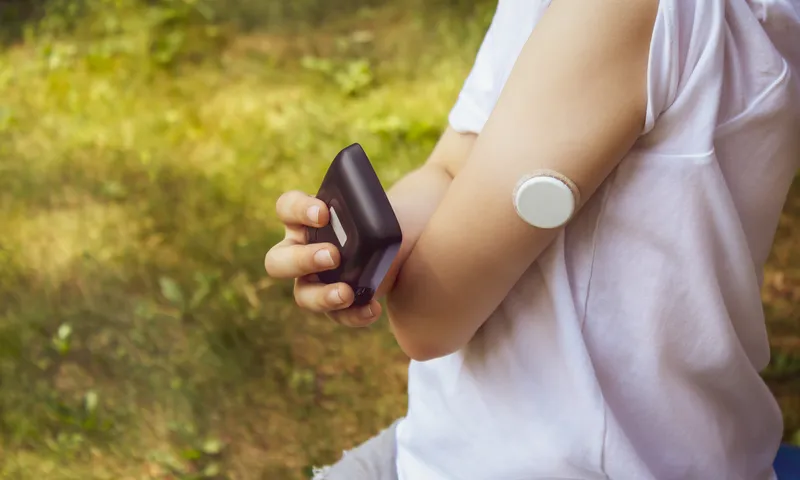Can Heat Affect Blood Sugar Levels

Managing blood sugar can be a daily challenge that is affected by more than just food and medication. One factor that often goes overlooked is the weather, especially extreme heat. If you’ve ever felt unusually tired, dizzy, or off-balance on a hot day and live with diabetes, it’s not your imagination. Heat can have a real impact on blood sugar levels, and knowing how it works can help you stay safer during the warmer months.
Can Extreme Heat Affect Blood Sugar Levels?
Yes, it can. When temperatures climb, your body has to work harder to stay cool. That process can affect how insulin works in your system and how your body handles glucose. In some people, hot weather can cause blood sugar to drop, especially if they’re more active or sweating a lot. In others, it might lead to higher levels, particularly if dehydration sets in.
Dehydration plays a big role in this. When you sweat more than usual and don’t replace fluids, your blood becomes more concentrated, which can lead to a spike in blood sugar. At the same time, heat can also speed up how insulin is absorbed, increasing the risk of low blood sugar, particularly if you take insulin injections or certain oral medications.
Why This Matters for People With Diabetes
People with diabetes are often more sensitive to temperature extremes. Not only can high heat impact the body’s insulin response, but it can also affect how diabetes supplies function. For example, insulin stored in hot conditions can break down and lose effectiveness. That means your usual dosage might not work the same way, potentially leading to unstable blood sugar levels even if you’re following your routine closely.
Devices like glucose meters and test strips can also be sensitive to heat. If they’ve been exposed to high temperatures, they might give inaccurate readings, making it harder to know what’s really going on with your body.
What You Can Do to Stay Safe
When it comes to managing diabetes in the heat, prevention is key. Stay hydrated by drinking plenty of water throughout the day, even if you don’t feel thirsty. Try to avoid being outside during the hottest parts of the day, and wear lightweight, breathable clothing. If you use insulin, make sure it’s stored in a cool, shaded place and never leave it in a hot car or direct sunlight.
It’s also important to test your blood sugar more frequently when it’s hot. If you notice unusual highs or lows, adjust your routine accordingly and speak with your healthcare provider about what to watch for. If you're going to be exercising outdoors, keep a close eye on your symptoms and always have a snack on hand in case your blood sugar drops.
Final Thoughts
So, can heat affect blood sugar levels? Absolutely. Whether it’s from dehydration, faster insulin absorption, or stress on the body, hot weather can complicate diabetes management. By staying mindful of the signs and making small adjustments, you can enjoy the summer months without sacrificing your health.
IMPORTANT NOTE: The above information is intended to increase awareness of health information and does not suggest treatment or diagnosis. This information is not a substitute for individual medical attention and should not be construed to indicate that use of the drug is safe, appropriate, or effective for you. See your health care professional for medical advice and treatment.


